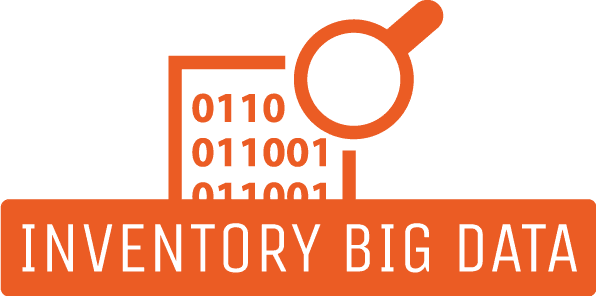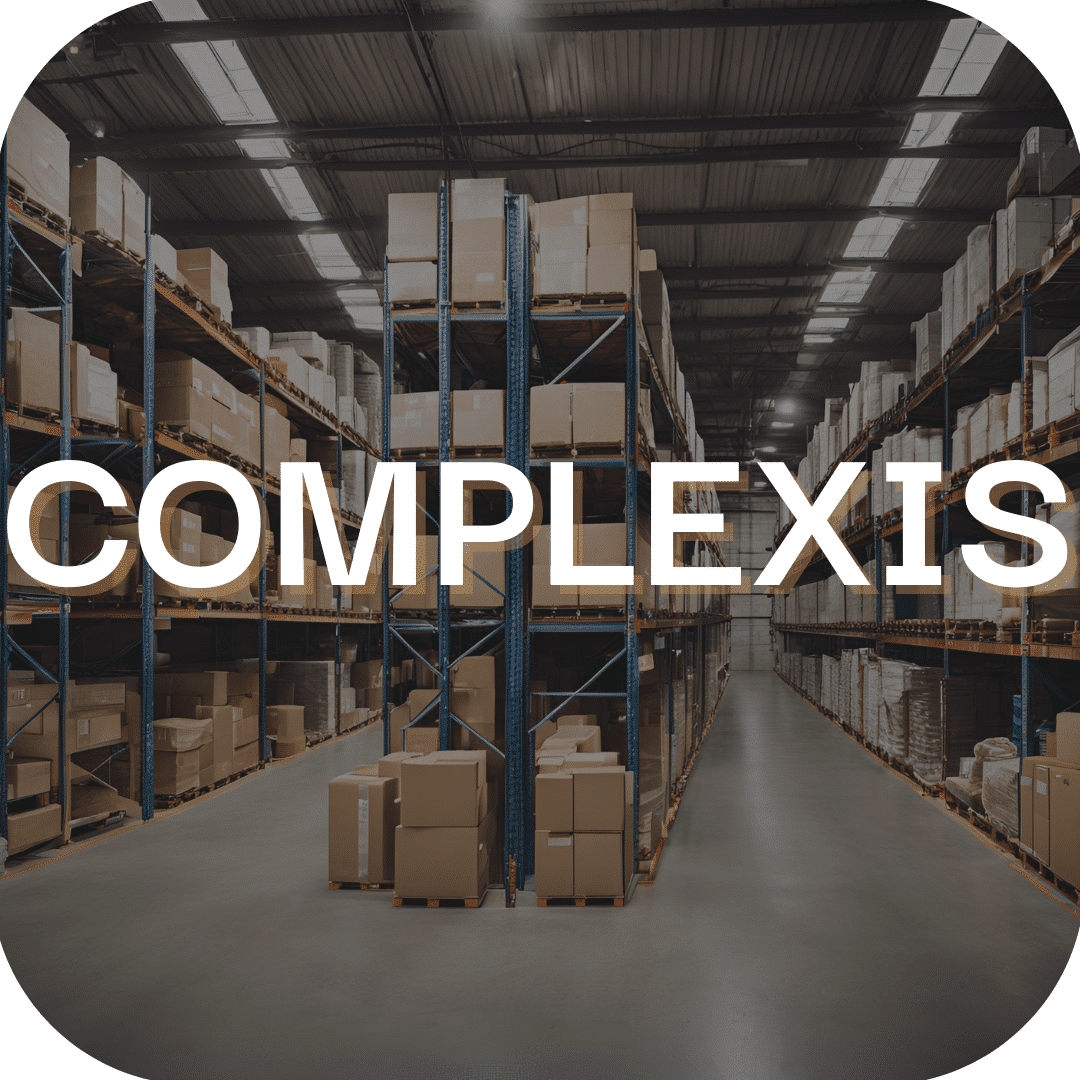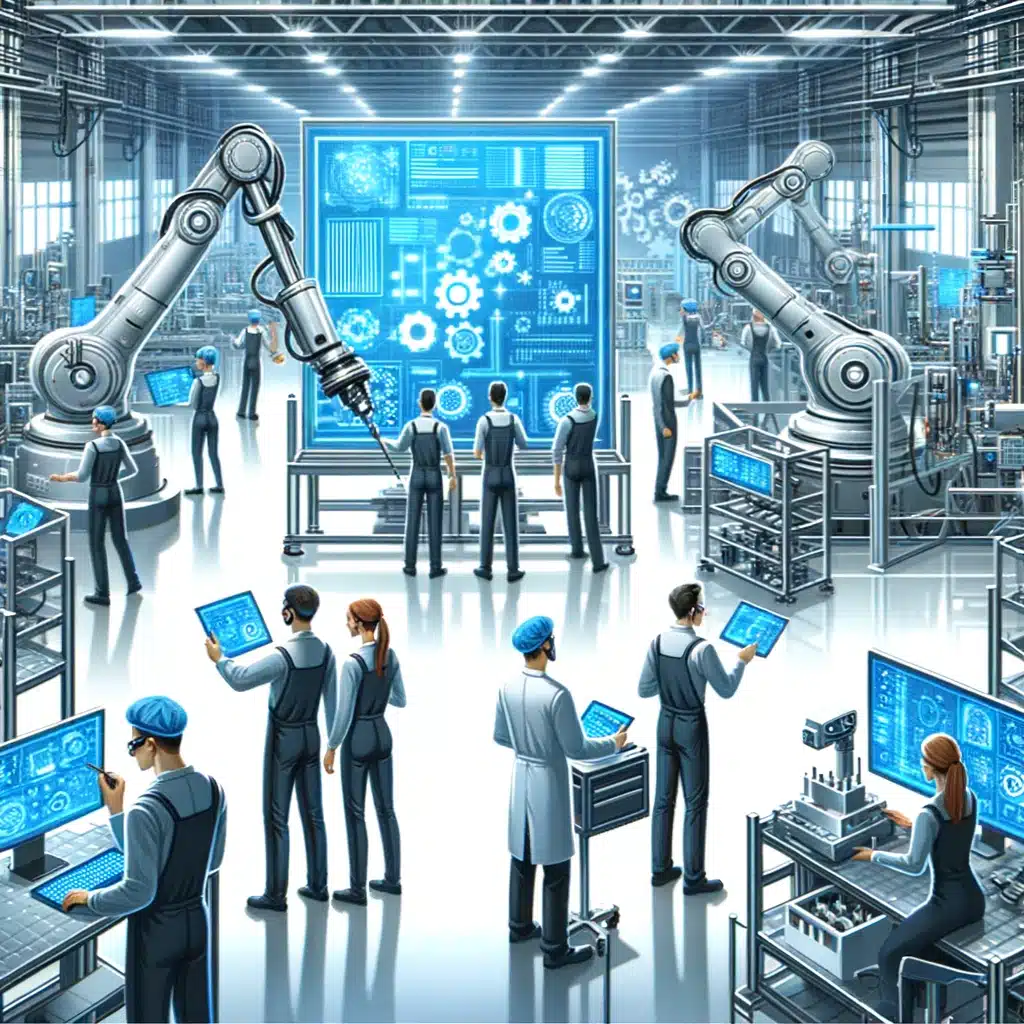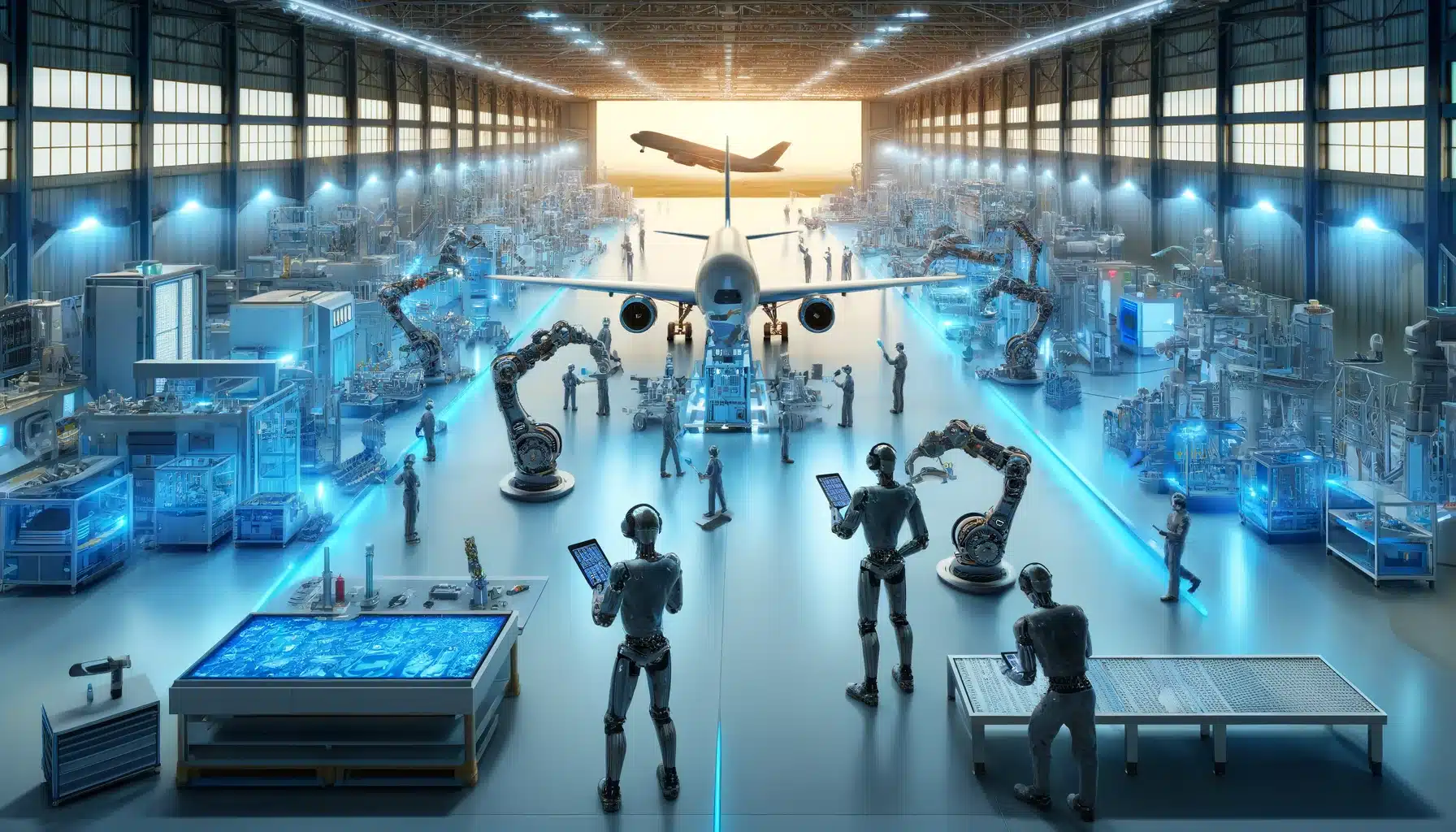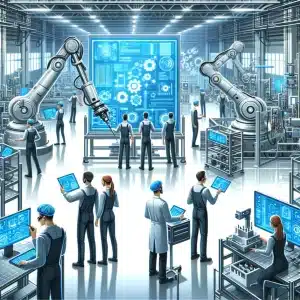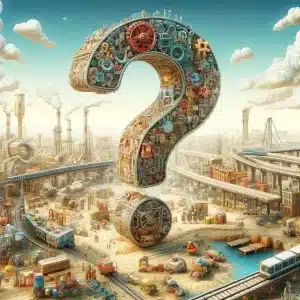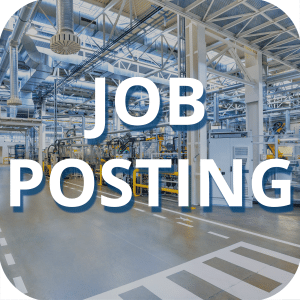The Impact of AI on Factory Jobs
This article explores the profound impact of Artificial Intelligence (AI) on factory jobs, detailing how AI is reshaping traditional manufacturing roles and processes. It discusses AI’s role in enhancing productivity and efficiency through machine learning and robotics, transforming the workforce by automating repetitive tasks and creating high-skill jobs. The article also addresses the ethical and social challenges posed by AI, emphasizing the need for strategic management and continuous learning to harness AI’s potential for innovation and workforce enhancement in manufacturing.
Description
The Impact of AI on Factory Jobs: Transforming Traditional Manufacturing Roles
The integration of Artificial Intelligence (AI) into the manufacturing sector represents one of the most significant shifts in the industrial landscape in recent decades. As AI technologies become more sophisticated, their deployment in factories around the world is reshaping the nature of work, altering traditional roles, and creating a new frontier in production processes. This comprehensive discussion will explore how AI is transforming manufacturing roles, the implications for the workforce, and the broader societal impacts.
A New Era of Manufacturing Efficiency
AI’s introduction to manufacturing is primarily focused on enhancing productivity and efficiency. Through machine learning algorithms and robotics, AI systems are capable of executing tasks with precision and speed that far surpass human capabilities. For example, in automotive manufacturing, AI-driven robots perform complex assemblies that require a level of consistency and accuracy challenging for human workers to maintain over extended periods. This shift not only maximizes output but also significantly reduces waste and increases the overall quality of the finished products.
Moreover, AI’s role in predictive maintenance is revolutionizing how factory equipment is managed. By utilizing data collected in real-time from sensors and machines, AI algorithms predict when a machine is likely to fail or require maintenance. This proactive approach prevents unexpected downtime, enhances the lifespan of machinery, and maintains a steady flow of production, thereby saving substantial costs and maintaining operational efficiency.
Workforce Transformation and Skill Evolution
The fear that AI will replace human jobs is a prevalent concern among factory workers and industry observers alike. While it is true that AI automates many traditional roles, particularly those involving repetitive, manual tasks, it also creates new job categories that demand higher-level skills. The demand is growing for AI specialists, robotics technicians, data analysts, and system controllers — roles that require understanding and interfacing with sophisticated AI systems.
This evolution necessitates a significant shift in skill sets for the existing workforce. Manufacturers are increasingly recognizing the need to invest in comprehensive training programs that not only focus on how to operate new AI-driven machinery but also on troubleshooting, maintenance, and improvement of these systems. By reskilling workers, companies ensure that their employees are not left behind by technological advancements but are instead equipped to handle more intellectually engaging and less physically demanding roles.
Enhanced Workplace Dynamics and Safety
Integrating AI into the manufacturing process changes the nature of the work environment. AI takes on the most monotonous, physically strenuous tasks, allowing human workers to focus on areas where they add greater value, such as overseeing production processes, performing quality control, and handling complex problem-solving tasks. This shift can lead to greater job satisfaction, reduced physical strain, and a safer work environment as human exposure to hazardous tasks diminishes.
AI also enhances decision-making in manufacturing. With systems capable of analyzing vast datasets to extract actionable insights, AI supports workers in making more informed decisions quickly, thereby increasing their ability to respond to production anomalies and optimize processes efficiently.
Navigating Ethical and Social Challenges
As the manufacturing sector continues to embrace AI, it must also address the ethical and social challenges that accompany technological disruption. There is an ongoing debate about the implications of AI for employment, particularly concerning the potential for significant job losses in traditional roles. It is crucial for both industry leaders and policymakers to consider strategies for mitigating such impacts, possibly through policies that encourage the creation of new jobs and support transitions for displaced workers.
Regulatory frameworks will also play a critical role in guiding the ethical deployment of AI in manufacturing. These frameworks could dictate everything from AI behavior standards to data security protocols, ensuring that the integration of AI technologies benefits both the industry and its workforce ethically.
Conclusion
The impact of AI on factory jobs is both transformative and expansive. As AI continues to evolve, its integration into manufacturing processes spells a significant shift in how products are made and how work is conducted. For factory workers and industry leaders alike, the future will hinge on adaptability, continuous learning, and a proactive approach to embracing new technologies. With thoughtful management and strategic planning, AI can be harnessed not just for economic efficiency but also as a catalyst for workforce enhancement and innovation in the manufacturing sector.
Additional information
| Publication | |
|---|---|
| Department | Manufacturing |
| Level | Technician |
